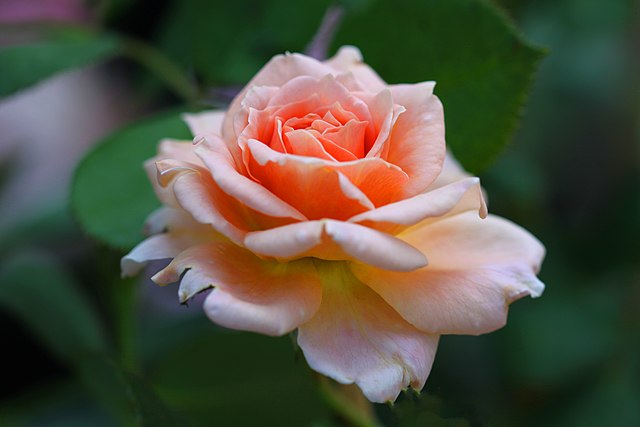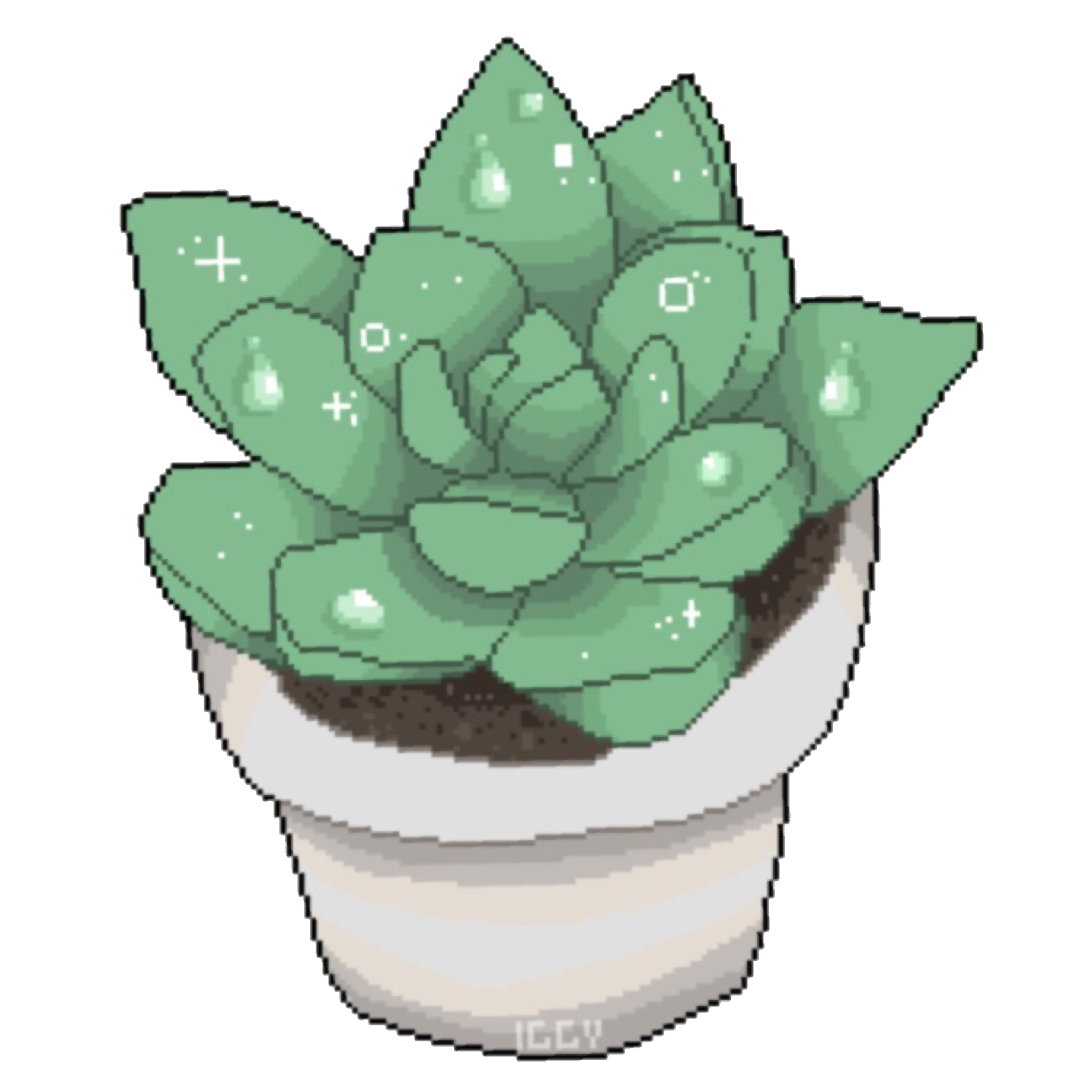Every day I find a few leaves on the ground. I read online that it might be root rot so I have been avoiding giving it water.
I might try to take it out of the pot and remove the bad roots. Does anyone have experience with removing bad roots?
Check for bugs on the underside of the leaves. Sometimes mealy bugs can look almost like flat stationary spots on the leaves, not like bugs at all, but you’ll still see them and you can separate them from the leaf like a little scab.
If it’s dying near the “trunk” but alive at the edges, it might be root rot. You can try splicing one large section of it into a vase of water and then into a new pot with soil, if that’s it, since there’s not a way to reverse that as far as I know.
If it’s just losing leaves but nothing else is wrong, it might just be shock of moving around or something. It might be fine.
Don’t overwater.
This is my only advice, I hope it works out okay.
I don’t have background information, sorry.
Did you repot it before?
I think it might be one or a combination of the three:
- Not enough light: some leafes look unusually light or dark, and the whole plant is a bit droopy. Is it somewhere near enough a window? Still, not my top guess.
- Overfertilization: do you see the burnt tips, very dark-green leafes, and claw-shape? Especially the top leafes look like that.
- Oxygen deficiency (root rot): most likely. You have to act FAST NOW. Just not watering won’t help. If you already see signs of it, and they are strong, the roots are already mush.
I would recommend:
- Check if the pot has drainage and the soil is light enough to store oxygen (e.g. by having perlite in it).
- Put it out and let it drip off.
- Don’t water too much in the winter. Keep the soil slightly moist and let the top layer dry off sometimes.
- Consider semi-hydro with clayballs. You can’t overwater, and if you still get root rot, you can act WAY faster (flushing, drying, etc.).
- And maybe add beneficial microbes, which will make the plant more resistant to root rot.
I think you will definitely get my reason why semi-hydro is great. In a few days, you’ll get swarmed by fungus gnats. I haven’t seen one since I switched to LECA ;)
Do you have one of those moisture meters? They’re on amazon for $20 or a local garden store will typically have them. They’re great for checking the moisture of the soil deeper down.
Just don’t leave them in the pot or it’ll ruin it. Stick it it, check it, pull it out.
If you don’t see any insects on the leaves or the soil, I’d just give it some time. Water it every 2-4 weeks. If it’s a large pot of soil do it every 4 weeks with ~0,5 liters, in a smaller pot do it more often with a smaller quantity.
In general, it’s better to water rarely, so the top layer of soil is dry most of the time. That way, you’re making the life harder for small flys to lay eggs and nurish from the roots.
If it keeps losing leaves, don’t panic. Mine had a severe sunburn once and dropped all the leaves. After some weeks it started to recover and grew new leaves.
I would say, the worst thing you can do is overwater. Mine is in a pretty huge pot (80 liters) and I give it (round about) 1,7 liters of water every 6 weeks in summer and 2-3 months in winter. That way the plant has to grow deep roots to the very bottom to reach the bottom and the top layers are rather dry.
Even though there might be other possibilities, checking the roots is a good move. If the roots are okay, that’s great news and you’re on the safe side. If you discover rot, you can just cut off the bad parts and the repot the plant. That causes severe stress, so it might take a while to recover, but it’s the only way to help with root rot, as otherwise it will only spread, killing the plant in the long term.
Looks like a defency (maybe Kalium?) or the place is just too cold




